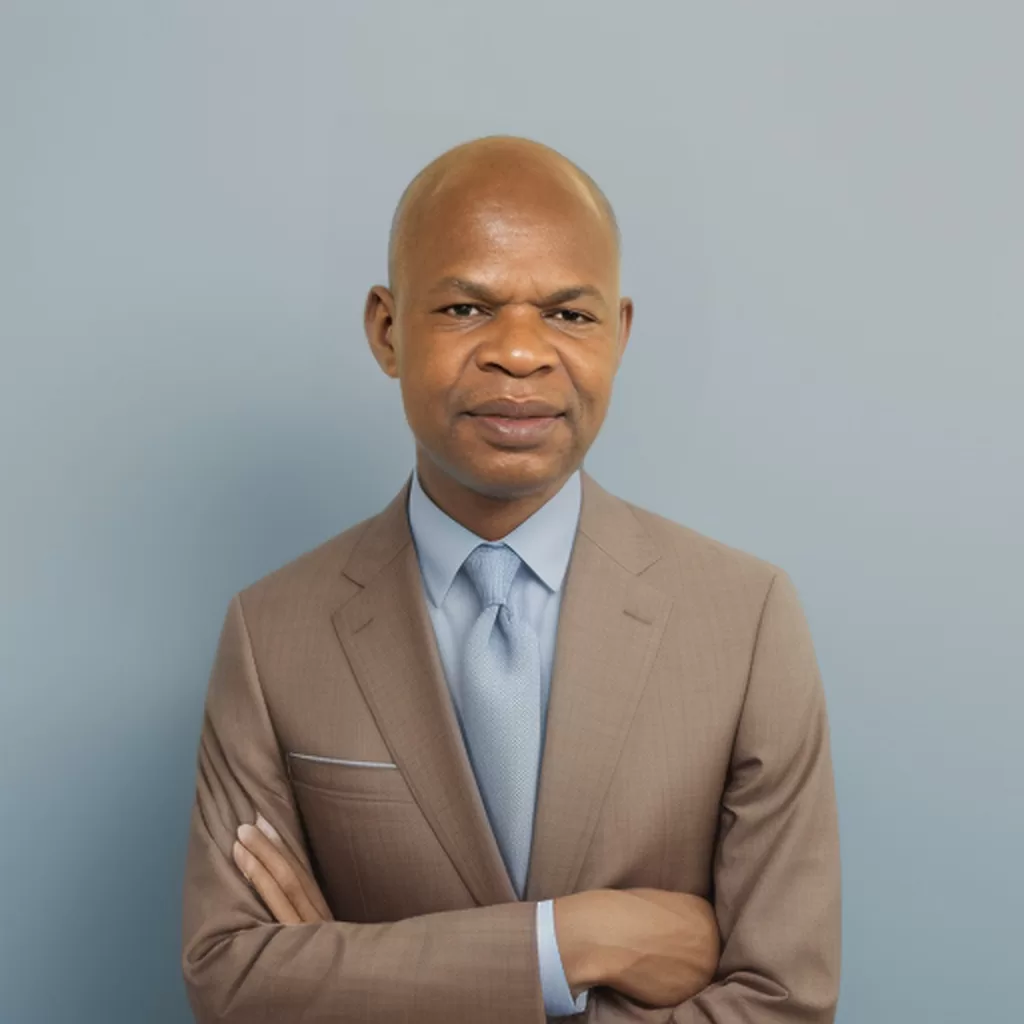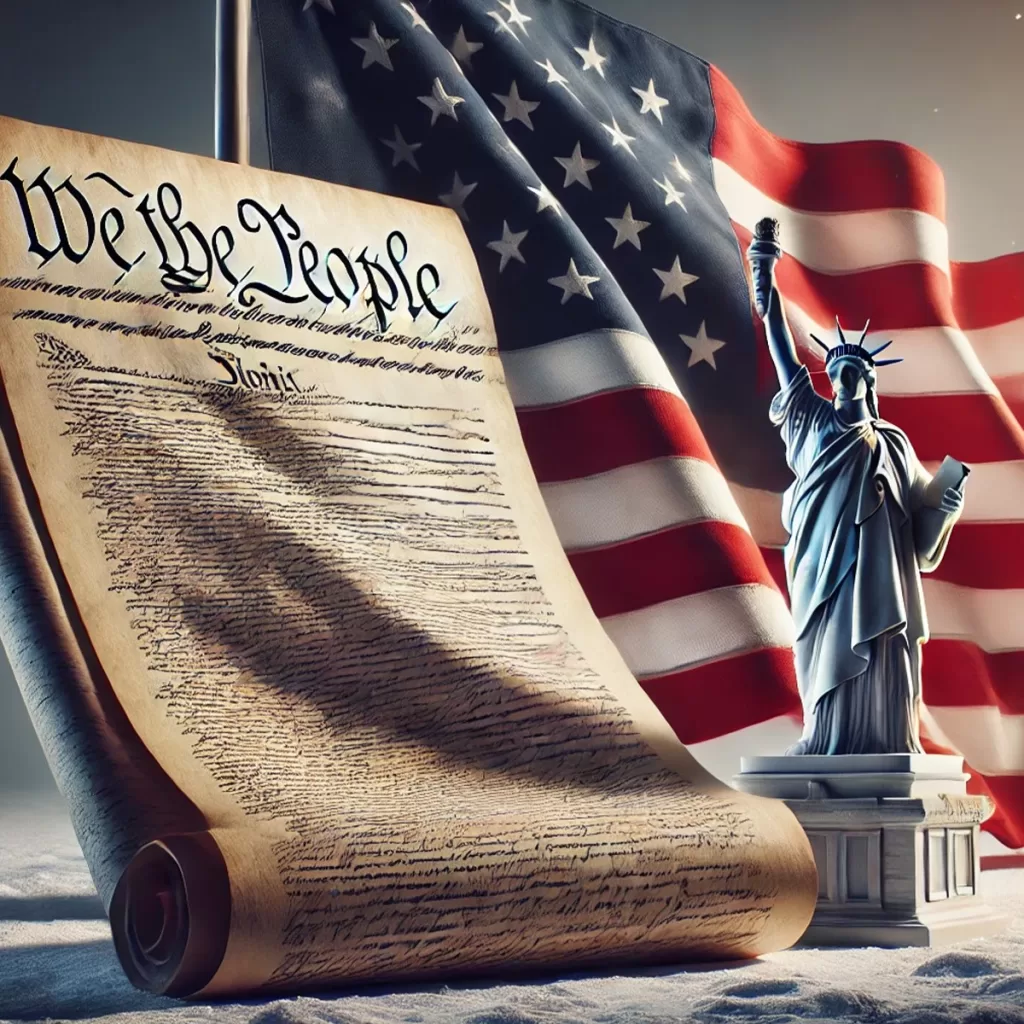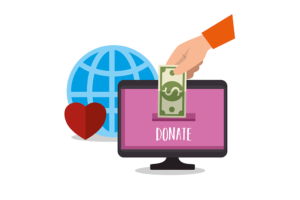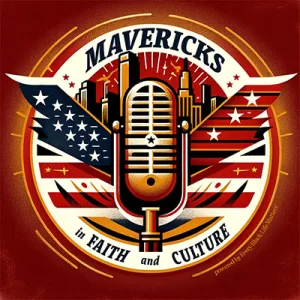Civil Rights and Justice in America: Exploring Equality, Legal Precedents, and Social Dynamics
Written by Contributing Author, Charles Wekesa

By Charles Wekesa
These are real issues that fit into the broader picture of civil rights in America.
Charles Wekesa Tweet

Civil Rights and Legal Frameworks is a topic that touches all of our lives, whether we realize it or not.
Civil rights are deeply woven into the fabric of our society, intertwining with our constitution and shaping how we interact with each other. Think about it – these rights affect everything from how we’re treated at work to how we’re represented in government.
Right now, we’re seeing some big conversations around racial justice and LGBTQ+ rights. These aren’t just trending topics – they’re real issues that fit into the broader picture of civil rights in America.
Civil Rights and the Constitution
Now, you might be wondering, “What’s the difference between civil rights and the stuff in the Constitution?”
Civil rights are about ensuring equal treatment for everyone, regardless of things like race, gender, or religion. The Bill of Rights, on the other hand, focuses on protecting us from government overreach.
Here’s a cool tidbit: the idea of these rights predates the Constitution. The Declaration of Independence talks about “unalienable rights” given to us by “nature and nature’s God.” Pretty profound, right?
Evolution of Civil Rights Through Constitutional Amendments
After the Civil War, things started to change. The 13th, 14th, and 15th Amendments were game-changers for African American rights.
- The 13th Amendment abolished slavery
- The 14th Amendment guaranteed equal protection under the law
- The 15th Amendment gave African American men the right to vote
It’s important to remember that these amendments didn’t create new rights out of thin air. Instead, they recognized rights that had been unfairly denied to a whole group of people.
The Civil Rights Movement’s Impact
The fight against racial injustice didn’t end with those amendments. Jim Crow laws and segregation continued to deny African Americans their rights for decades.
The Civil Rights Movement of the 1950s and 60s was a turning point. I remember learning about Rosa Parks and Martin Luther King Jr. in school, but it’s amazing to think about how recent this history is.
All of this culminated in the Civil Rights Act of 1964. This wasn’t just another law – it was the result of years of struggle and sacrifice by countless individuals fighting for equality.
Expanding Civil Rights to LGBTQ+ Issues
These days, we’re seeing similar debates around LGBTQ+ rights. Should they be protected under civil rights laws? It’s a hot topic, for sure.
There have been cases where business owners have refused to serve LGBTQ+ customers, citing religious beliefs. It’s a tricky situation that pits different rights against each other.
The Intersection of Morality and Civil Rights
This brings us to a bigger question: where do we draw the line between protecting rights and respecting religious freedom?
I’ve had conversations with friends on both sides of this issue. Some argue that businesses should be able to refuse service based on their beliefs. Others say that’s just discrimination in disguise. It’s not an easy issue to solve, that’s for sure.
New Challenges in Civil Rights: Transgender Youth
Another hot topic these days is about transgender youth and their access to gender-affirming care. Some folks argue this is a civil rights issue under the 14th Amendment’s equal protection clause.
Others say the government should step in to restrict this care for minors. It’s a complex issue that touches on parental rights, medical ethics, and civil liberties.
Reparations and Historical Injustices
Lastly, let’s talk about reparations. The Tulsa Race Massacre of 1921 is a stark reminder of the racial violence in our history. Some argue that financial compensation is needed to address these past wrongs.
But can money make up for generations of injustice? It’s a tough question, and there’s no easy answer.
“The arc of the moral universe is long, but it bends toward justice.” – Martin Luther King Jr.
As we wrap up, I hope this journey through civil rights in America has given you some food for thought. These issues shape our society in profound ways, and it’s up to all of us to engage with them thoughtfully and compassionately.
Articles from Charles Wekesa
The Case for School Choice: Benefits, Challenges, and Pathways Forward
Arizona Attorney General Kris Mayes and the Trump Deportation Controversy
Biden’s Leadership and Media Accountability
Capitalism vs. Socialism – Why the Debate Persists
Deep State Dynamics in America: Understanding Its Influence on Policy and Public Trust
The Master’s Invitation: Freedom in Submission to Jesus
America’s Education Problem: Race, Gender, and Revisionist History
Daniel Penny: When Protecting Others Becomes a Crime—And Why That Should Terrify Us All Especially Blacks
Privately Funded and Bureaucracy-Free: Inside Trump’s Transition Plan
Trump’s Vision for the American Academy and Transition Strategy
The Christian Wave: How Faith-Based Voters Shaped Trump’s 2024 Victory
A Bold Policy to Rebuild Black Families and Break Cycles of Dependency

Lorem ipsum dolor sit amet, consectetur adipiscing elit. Ut elit tellus, luctus nec ullamcorper mattis, pulvinar dapibus leo.




